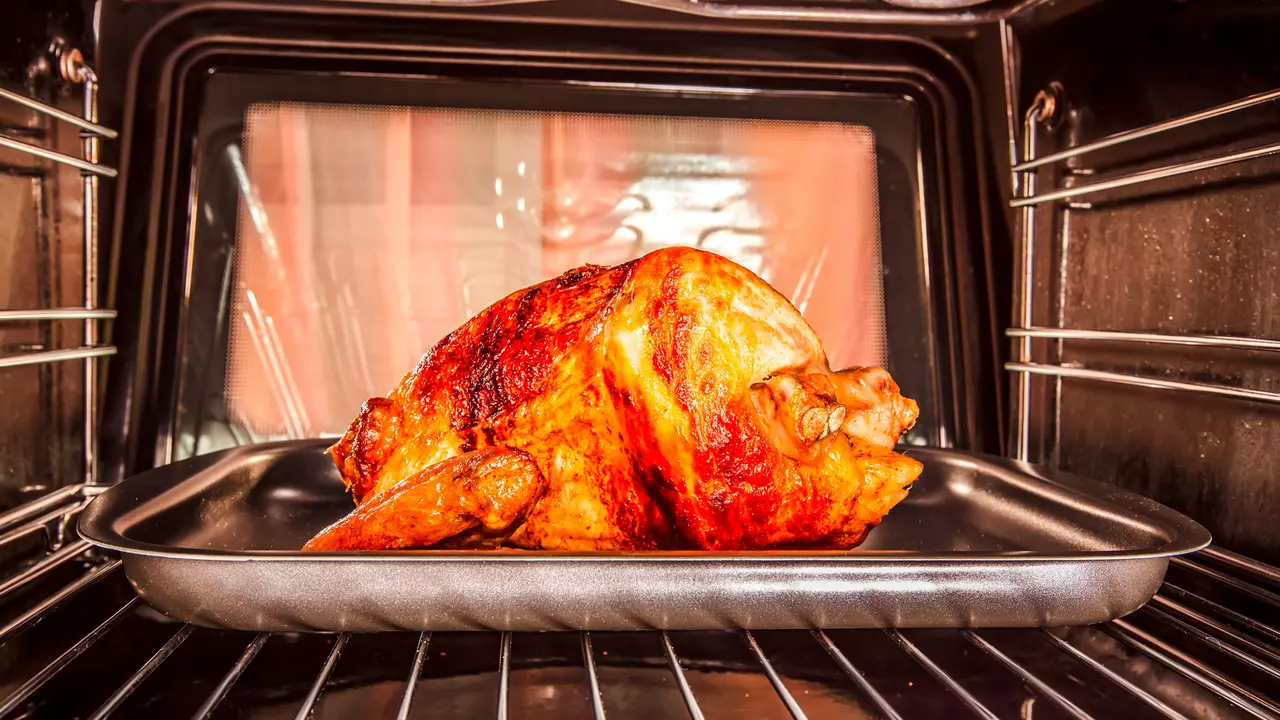Debunking the Myth: Does Roasting Chicken Dry It Out?
We've all been there: a meticulously prepared roast chicken only to be surpassed by some sort of Sahara-like desert barrenness on the first bite. You wonder, why, oh why does this happen? Well, fear not, my dear reader. I am here, quite literally, to serve as your culinary consultant. To answer this fiery question: Does roasting chicken dry it out in the oven? So, sit tight, dust off your apron, and with an adventurous heart (and stomach), let's dive, or rather, roast into this discussion.
The Roasting Wrangle: Heat vs Moisture
Roasting is truly an art of balance — a delicate dance between heat and moisture if you will. Yes indeed, like a Shakespearean play, it's all about the drama of this interplay in your oven. You see, when you place the chicken in the oven, the heat starts to swoon over the moisture within, resulting in steam. As the temperature rises, this steam tries to escape, kind of like a teenager sneaking out for a late-night party. This results in potential dryness, but here's the catch, it isn't always the case. Roasting doesn't necessarily dry out the chicken - how you do it does. Oh, let me tell you, the irony is thick and probably a bit crispy around the edges.
Finding the Ideal Roasting Temperature
Getting the temperature right is as essential as choosing the perfect gif. Stick to roasting your chicken at 200°C, like an unshakeable golden rule. This temperature is an ideal hotspot that perfectly pitches the battle between heat and moisture. Anything higher, and you're recreating a scene from Mad Max in your oven. Anything lower, and you might as well camp outside the oven, waiting for the chicken to roast. Keep in mind that every chicken is different, with variations in thickness and weight, which means roasting times differ. The ideal roasting time should pivot around an internal temperature of 74°C for the chicken.
Choosing the Right Chicken and Prepping it Right
Now choosing the right chicken and preparing it rightly is akin to choosing the perfect playlist for a road trip - it can make or break the journey. Opt for fresh, organically-fed, free-range chicks. Their plumper nature lends to a moist roast. And be gentle with your bird. Brining or marinating it overnight can miraculously soothe any impending dryness. A little rub of butter, under and over the skin, can be a lifesaver too. It not only helps retain moisture but also gifts you with a gloriously golden crust.
Pan Seared Perfection Before Roasting
This method is personally me paying tribute to my French love - pan-seared chicken. A quick sear of your chicken before it hits the oven can help seal in those much-loobied juices. You're essentially giving it a crash course in roasting. So whip out your skillet, drizzle it with some olive oil, set the flame to medium, and sear each side for a few marvelous minutes. The result? A beautifully bronzed chicken ready for roasting.
Roasting Techniques: Mastering the Baste, Tent, and Roast
Basting is something I picked up from my wise, old nanny - a sort of secret weapon against dryness. Essentially, it means bathing your chicken in its own juices, repetitively, during the roasting process. It not only imparts flavor but also makes sure that your chicken isn’t on the fast train to dry town. Tenting involves occasionally covering your chicken with a tent of foil during the roasting process. It's like providing your chicken with an air-cooled, solar-protected sanctuary in the scorching oven. And to perfect roasting, remember, slow and steady does win the race. A chicken properly honored with time, roasts evenly retaining enough moisture.
Rest, Don’t Rush: The Key to Juicy Chicken
This is the most crucial, yet most neglected step. Just like us, letting the chicken rest post-roasting is a necessity. This allows for the redistribution and soaking up of the juices within the meat - kind of like a post-workout hydration session. Ideally, for about 20 minutes. So, hold your horses and deter your salivating tongue, I promise you, the wait will be worth it.
Goodbye Dryness: Putting All Together for a Moist Roast Chicken
Now, to tie all these golden rules together: choose the perfect bird, pep it right, sear it for extra flavor, and roast it at the ideal temperature while basting and tenting regularly. Remember to let it rest before you dive in. Et voila! You now have a roast chicken that refutes any notions of dryness brought upon by roasting. You see, roasting itself doesn't dry out chicken, it's not giving it enough TLC that does. And who can resist some extra love?
Parting Thoughts
Dry chicken is kind of like an unrequested song - it drags the mood down. But with these tips and techniques up your apron, you'll be serving up a roast chicken that's moist, tender, and flavor-packed—no dryness in sight. So, don your apron and start roasting — full flavor ahead!


Write a comment